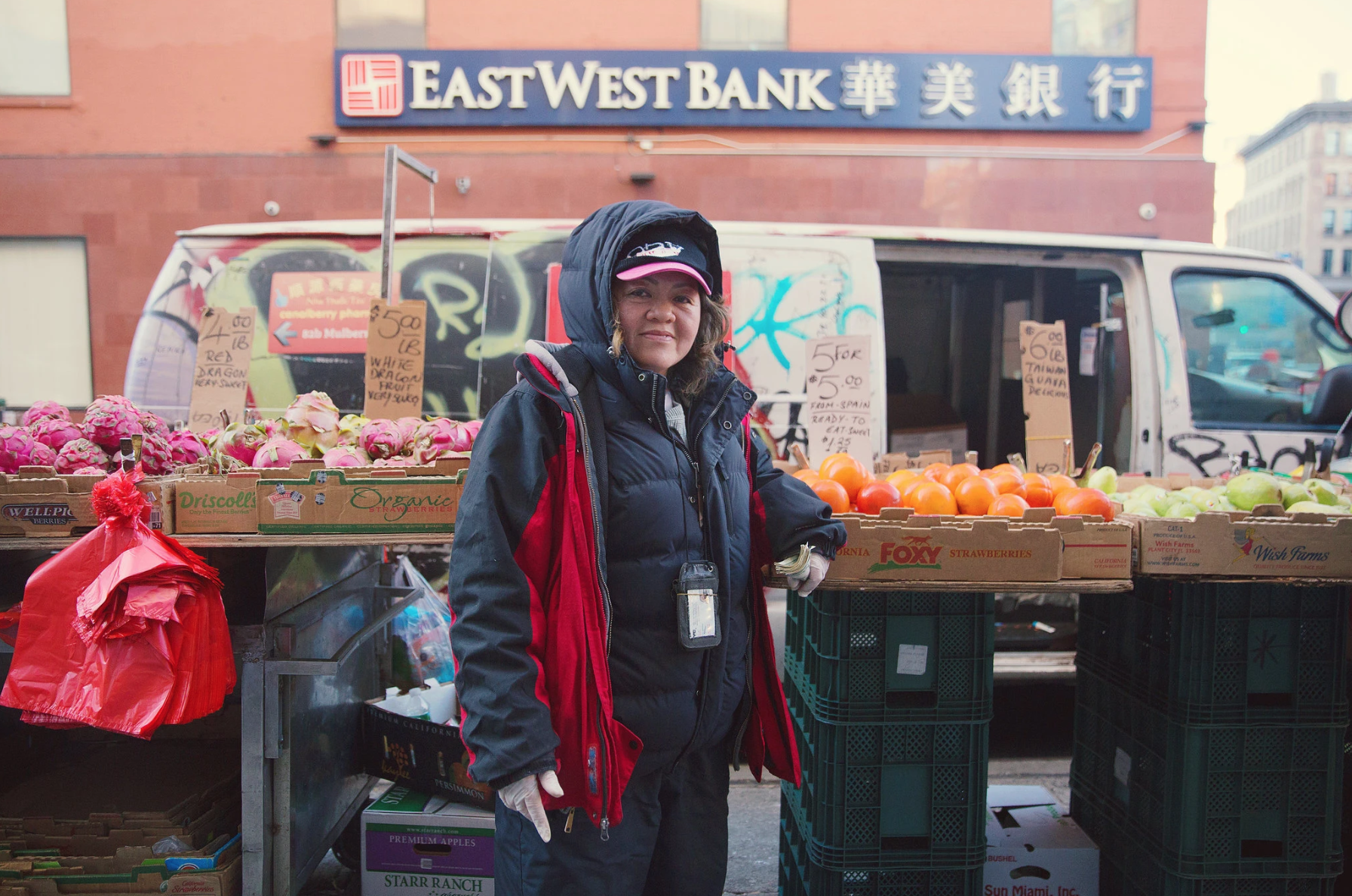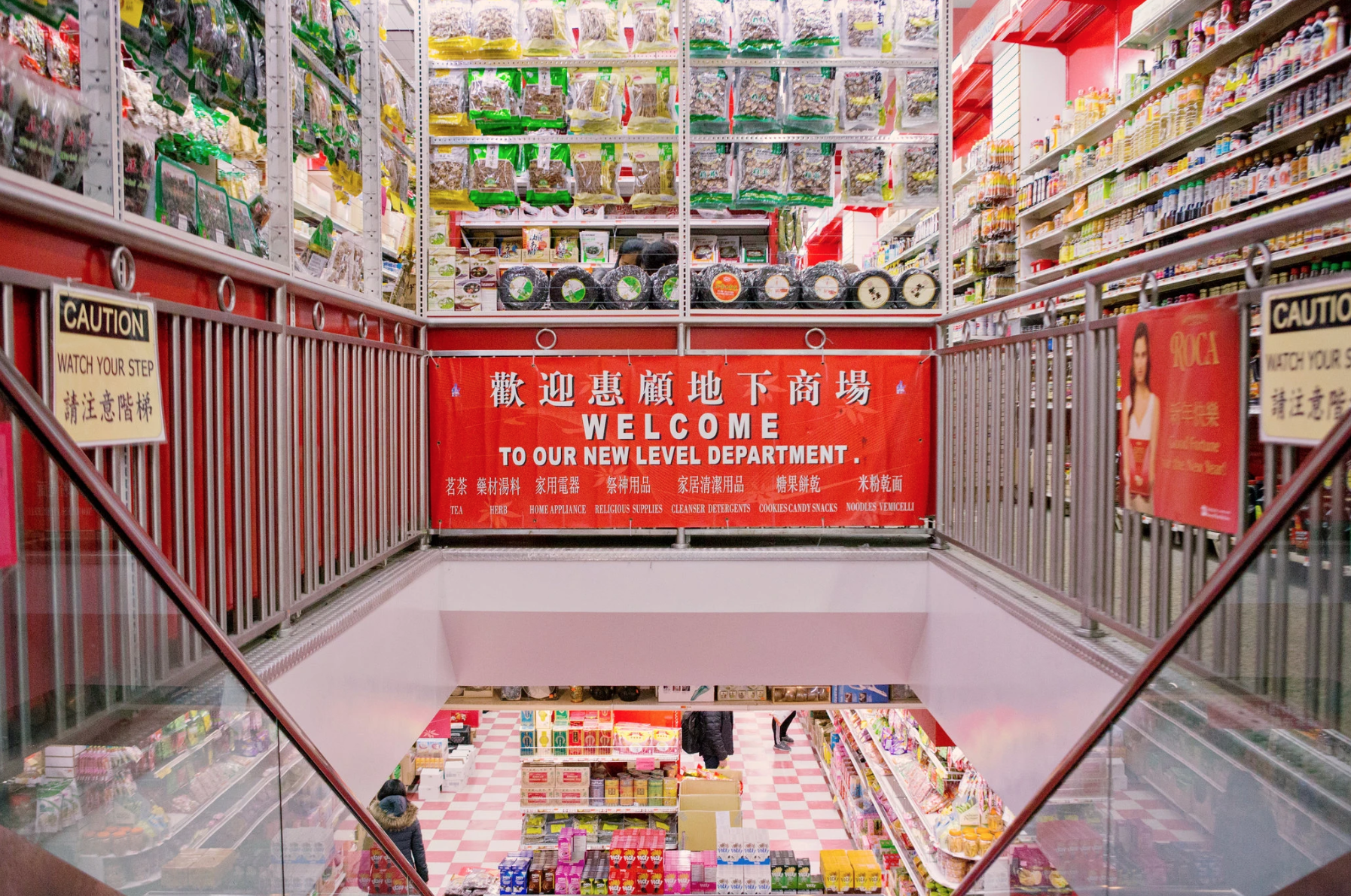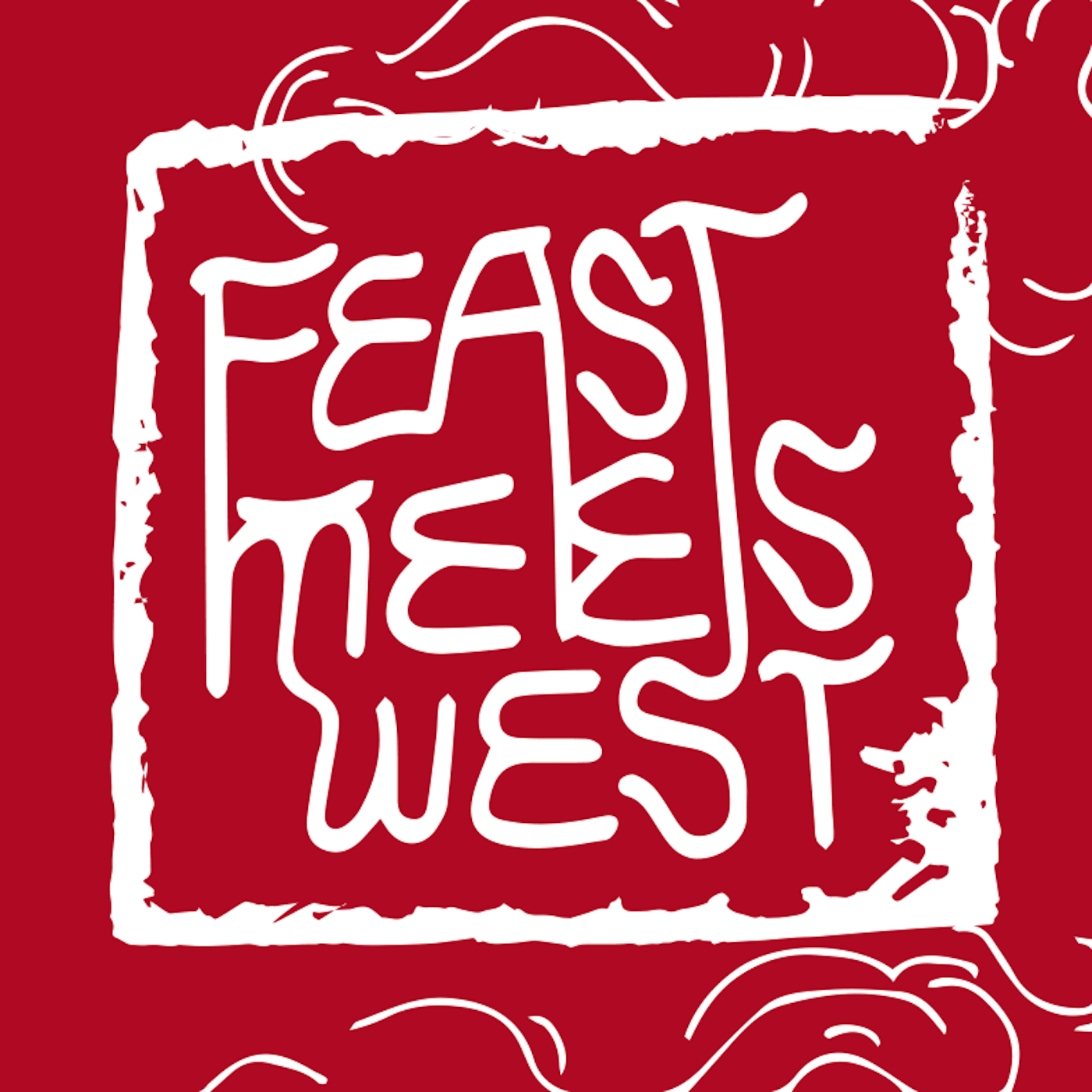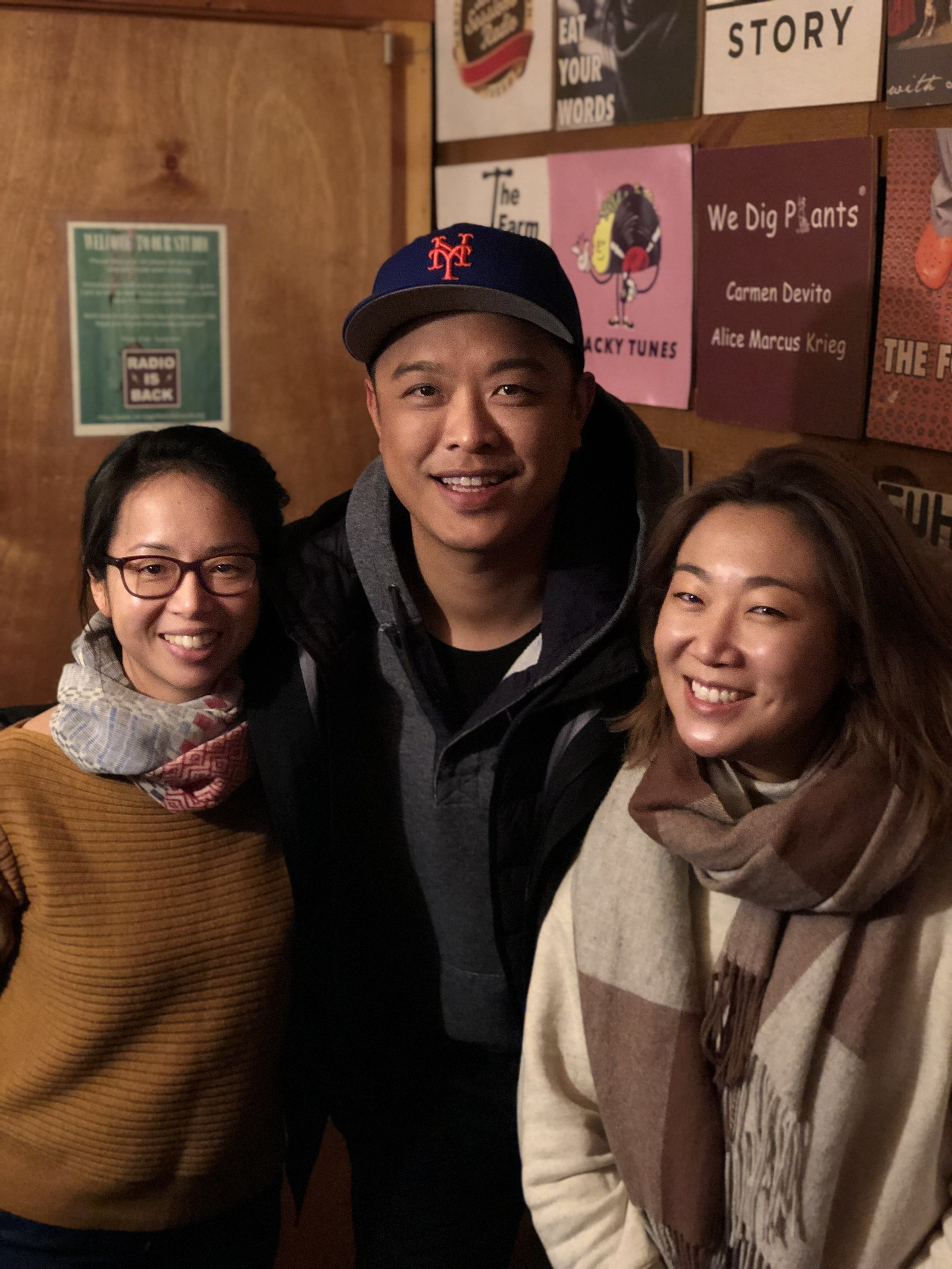Episode 64: The Evolution of Chinatown



Elaine Chen of The New York Times and Wilson Tang of Nom Wah Tea Parlor joined us to talk about the evolution of Chinatown -- one of Manhattan’s few historic immigrant working class neighborhoods left. We were inspired by Elaine’s article in the Times “As Manhattan’s Chinatown Changes, Food Vendors Keep a Bit of the Old with the New” to discuss the broader cultural trends of the neighborhood as businesses and demographics shift.
While Chinatown gets a fair share of coverage as an iconic NYC destination, Elaine wanted to give attention to the personal stories from purveyors that have catered to the long-term residents of the neighborhood, and understand how they’re responding to the decline of the ethnically Chinese population. She reached out to business owners and connectors like Wilson who helped her in the process.
“The main issue is the language barrier. But these vendors are also just humble in nature. It’s such a Chinese thing to be like ‘Oh, it’s fine, don’t worry about it. No one wants to hear [my story].’ The third thing is rapport ... You’ve got to know someone.”
Elaine found a range of opinions in her conversations. Sidewalk vendors like Muoi Truong, who has rain-or-shine been selling fresh produce at Mulberry Street near Canal for the last 20 years, will continue dominating her corner for as long as she can, but recognizes that there has been a decline in business with the population change. However, she’s already built an American dream from her sidewalk business, having raised a family with four kids with her two oldest now in college at Columbia University and the University of Richmond.
For shopkeepers with more capital, it may be easier for them to adapt to different demographics beyond the Chinese community with new products and various ways to market themselves. Paul Eng plans on offering products that cater to the “snacking, foodie culture”, and creative takes on traditional Chinese foods like tofu in his new store, while maintaining a line of traditional soy products. Freeman Wong and his family run a seafood business that has expanded its client roster to restaurants outside of Chinatown, such as Blanca and Del Posto.
Wilson shared his perspective as a business owner, running the 99-year old Nom Wah brand. He knows that change is inevitable and he is open to innovative strategies for his business.
“I’m always rolling with the change. In the past 8 years, we went from full artisinal to partial handmade and partial machine-made. We needed to do that a couple years ago to keep up with the demand of product. It makes the product line more reliable and allows us to be able to scale with more locations.”
Elaine and Wilson agreed that it’s sad to see mom and pop stores they grew up with close because they catered to a working class population that no longer exists; the property prices in the neighborhood have become too high; they haven’t adapted to modern marketing strategies. But, Wilson is looking forward to the growth and resurgence of Chinatown led by fresh talent.
“I am excited to see young Asian Americans come back to Chinatown to open businesses [recent examples being Chinos and Pho Bar]. As much as there is heartache with [the change], I’m also very excited to see what’s next. How are we pushing the envelope, and how are we getting kids to come back to Chinatown instead of moving to the suburbs.”
We talked about the essence of Chinatown, what makes a “good” Chinatown, and why the 200-plus year old Manhattan Chinatown is so special.
“What I love about Manhattan Chinatown is that you still have the range of people that are there — people of all ages, old and young, and tourists. And there’s this concentration that allows for the great sounds that are there.”
As expected for a food podcast, we ended the show talking about food — specifically, if there are foods that help you stay authentic to your culture and heritage. Wilson and his family enjoy a hodgepodge of cuisines at home - from taco nights, and Chinese American dishes like orange chicken, to steamed fresh fish with black bean and ginger that he’s seen his mom prepare a thousand times. Elaine admits that she will judge how Chinese you are based on how cleanly you eat meat off the bone.
Dear listeners, we want to hear from you on this topic too! To identify with your cultural heritage, do you believe that you have to eat certain foods to stay ‘authentic’? If yes, what are examples of those foods. And if no, why not? Please send us a short audio voicemail with your thoughts to feastmeetswest@heritageradionetwork.org. We’d love to hear from you!




